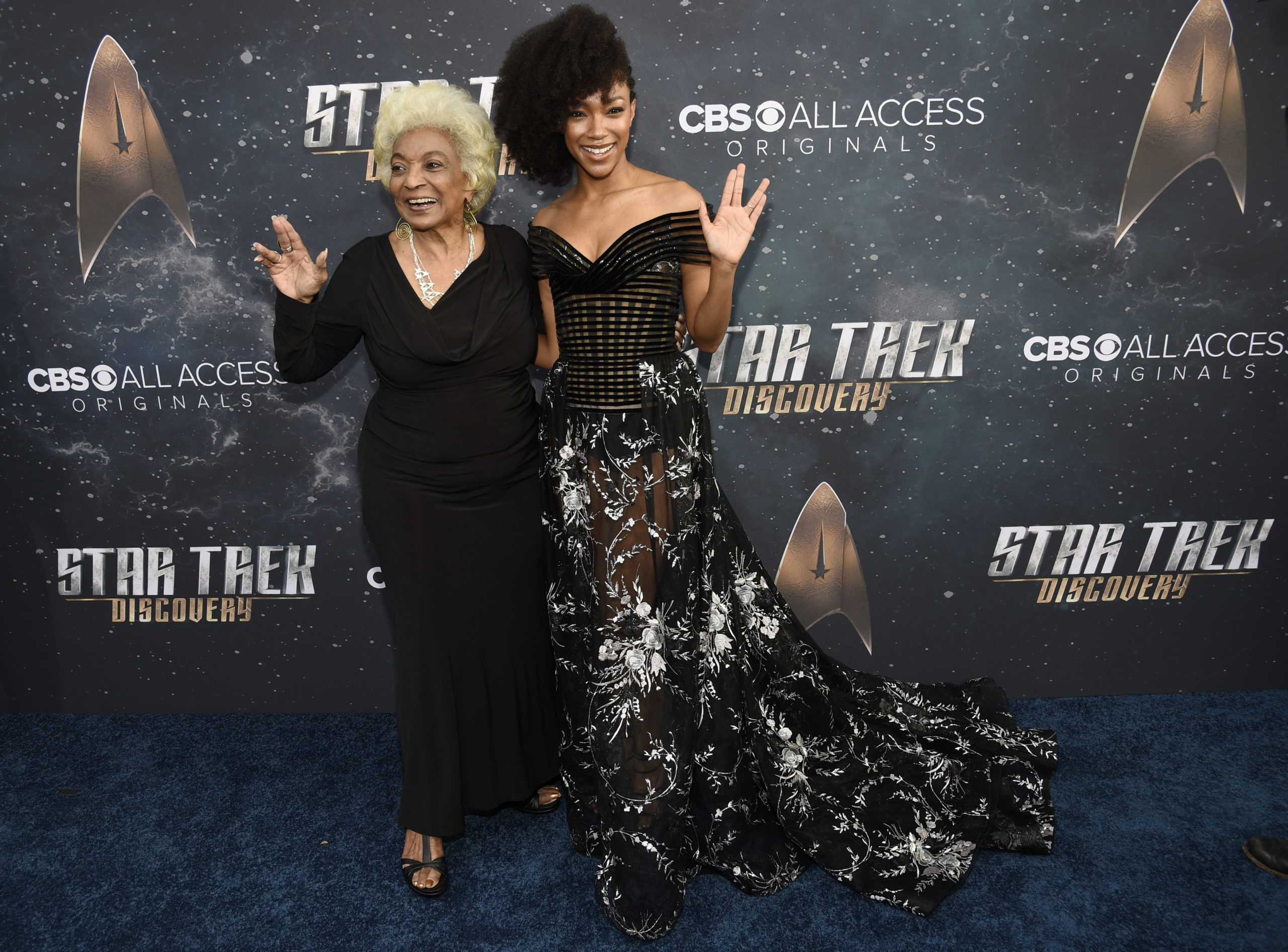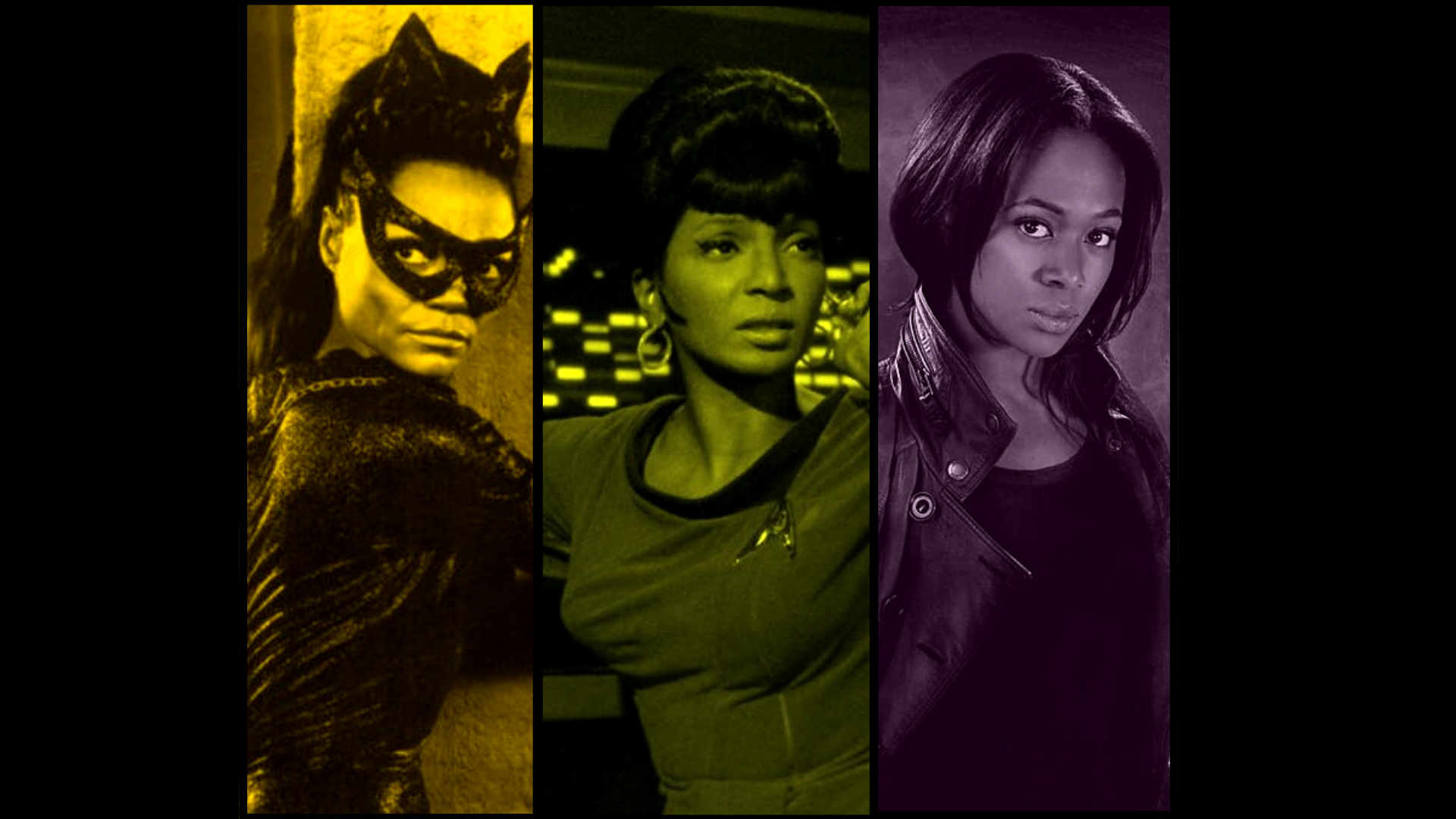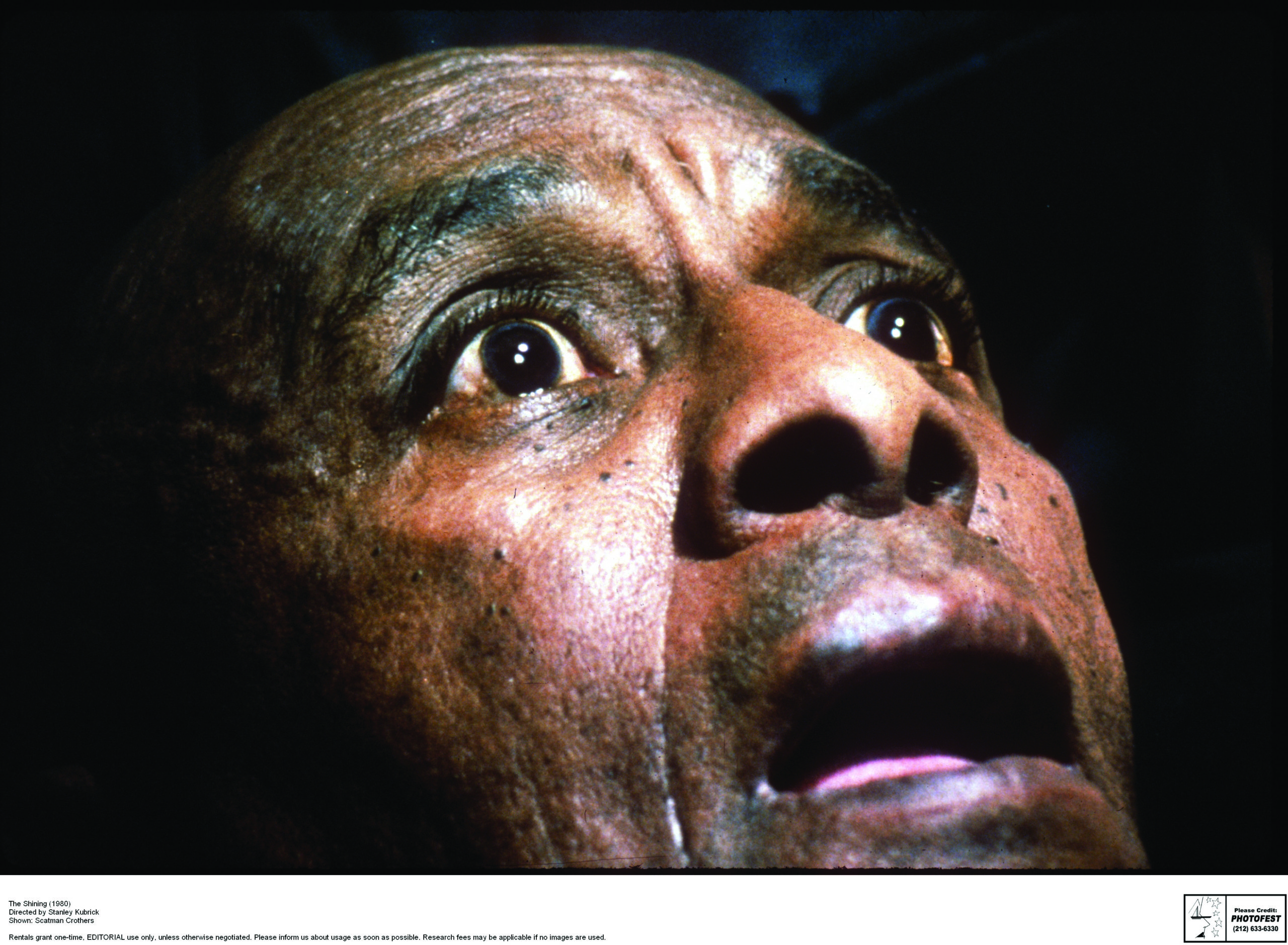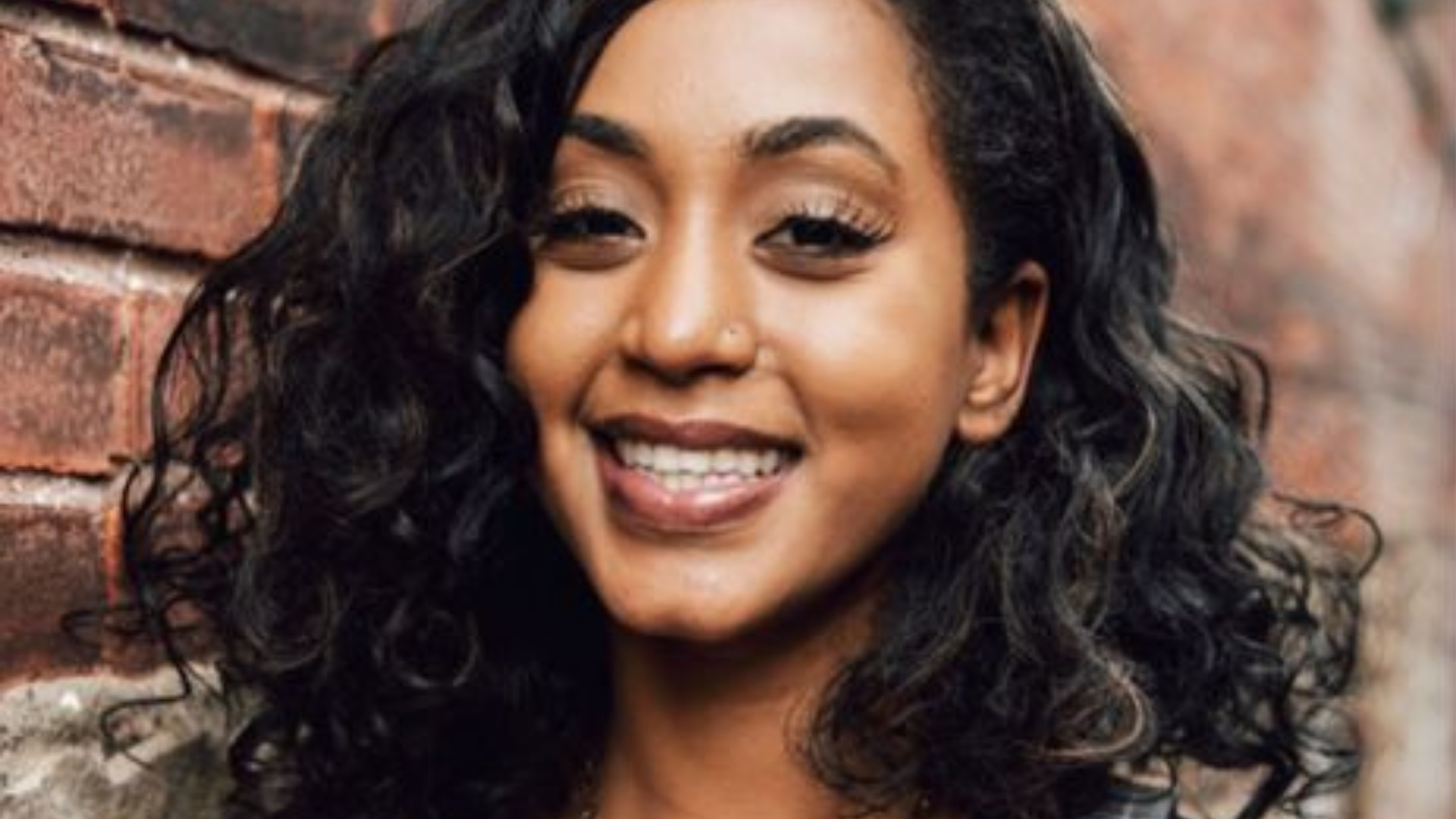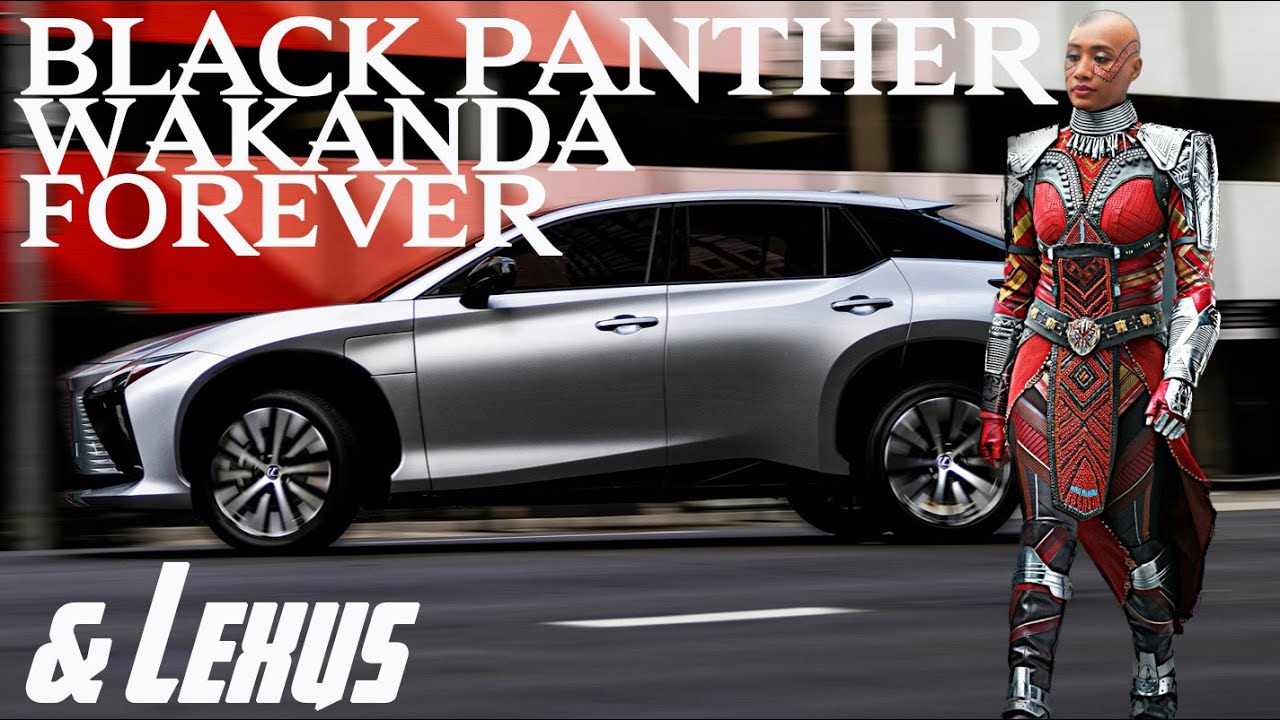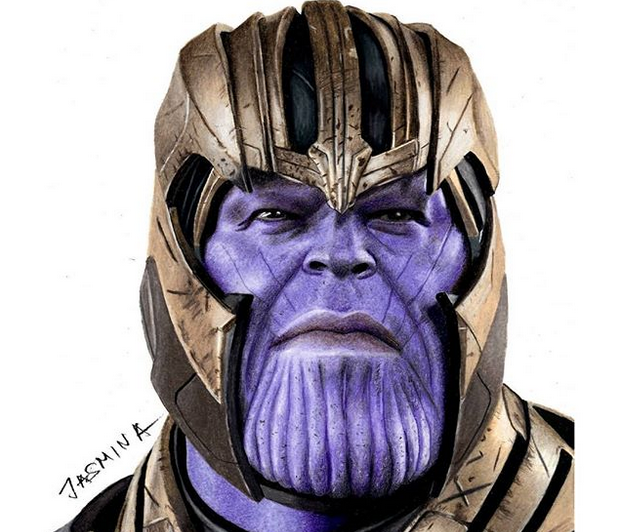While there’s still a lack of representation in lead roles within the genre and in Hollywood across the board, sci-fi consistently has been the genre with the most dynamic portrayals of Black women. It’s time we highlight some of the actresses who have blazed trails in Black Sci-Fi.
It all started on TV. In 1966, the world was introduced to Lieutenant Nyota Uhura, a character played by Nichelle Nichols, on Star Trek. Nichols was the first Black woman to play a lead role on TV, and her character was also a ranking officer. The trailblazing role made Nichols an icon for obvious reasons. She was tempted to exit the series to pursue a Broadway career, but Dr. Martin Luther King Jr. changed her mind. She had a conversation with King about wanting to leave, and he insisted that she stay on the series due to her character’s impact. So, she stayed and incited brilliant minds. Former NASA astronaut Mae Jemison has cited Nichols’ role of Uhura as her inspiration for wanting to become an astronaut. Jemison went on to become the first Black woman to travel to space. Nichols also helped NASA to recruit more diverse astronauts from 1977-2015.

In 1967, Eartha Kitt began appearing on Batman the TV show as Catwoman. She paved the way for Candice Patton, who plays Iris West on the CW’s The Flash, Nafeesa Williams who plays Anissa Pierce on the CW’s Black Lightning, and many others. During a time when most Black women on TV were portraying maids, Nichols and Kitt were breaking barriers. However, historically, Black women in sci-fi—no matter which time period—often were depicted as fearless leaders and bright minds.
The Blaxploitation genre caught on after Nichols and Kitt made their TV debuts. Blaxploitation dominated in the ’70s, and while the overall genre isn’t sci-fi (and is mostly relegated to movies), there were some sci-fi-themed flicks that fell under the genre’s umbrella. In Blaxploitation, there was an emphasis on smart, badass women taking charge, settling scores, and finding their own solutions. These character tropes would come in handy for modeling fearlessness for the actresses who would follow, whether in TV or film.

Fast forward to the 21st Century.
In 2006, Freema Agyeman was cast as Martha Jones in Dr. Who. Nicole Beharie played Agent Abbie Mills in Sleepy Hollow (2013). Danai Gurira played Michonne, the samurai-sword-wielding zombie slayer on The Walking Dead (starting in 2012) before also finding herself in the Marvel movie universe as Black Panther’s Okoye, the general of the Dora Milaje. Sonequa Martin-Green played Sasha, a skilled sniper, also on The Walking Dead (starting in 2012).

Kellita Smith led SyFy’s Z-Nation as Lt. Roberta Warren. Z-Nation may have been overshadowed because it aired when The Walking Dead was at its peak. While the series didn’t receive the same fandemonium as the AMC hit show, it still developed a cult following. Enough people tuned in to keep the show on air for four years and five seasons. Smith’s character was the leader of her squad, and she fought fiercely to keep herself alive and protect as many of her comrades as she could. In real life, Smith also set a precedent as the first Black woman to lead a TV show on the SyFy network.

On the comic book superhero front (because comic books and sci-fi intersect), Javicia Leslie is next up. It was announced in July that she would be playing Batwoman on the CW after its original headliner left the show. The show’s second season is set to premiere in January, so get your cosplay and Twitter fingers ready.

There’s also Lovecraft Country, a sci-fi/horror hybrid that has become appointment-TV for #BlackTwitter every Sunday night. Characters played by Aunjanue Ellis, Jurnee Smollett-Bell, and Wunmi Mosaku have established that the women are necessary elements to progressing the story and will probably save the day in the end, but that’s another essay.
There’s still more work to do on the diversity front, but the trajectory of Black women in sci-fi has always been headed in the right direction. Now that we see what the possibilities have been, it’s time for more new, fresh stories from BIPOC creators to see the light of day.
Are you ready to keep pushing this narrative forward?
